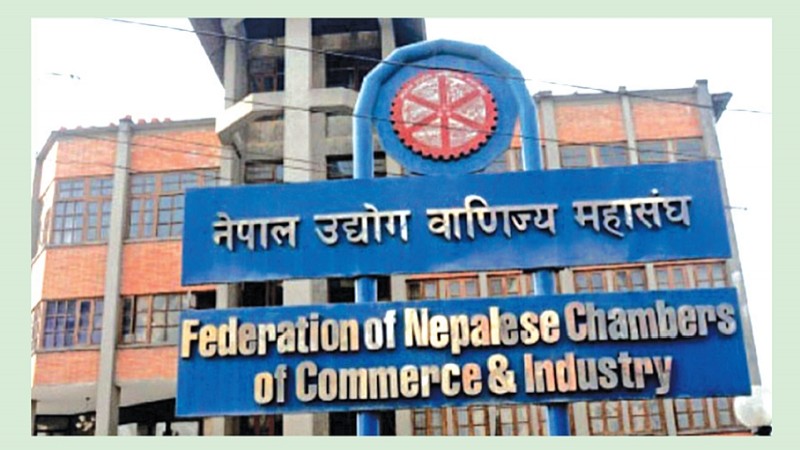

KATHMANDU: The Nepal Electricity Authority (NEA) has disconnected electricity supply to 26 major industries across the country over unpaid dues totaling Rs 5.48 billion, prompting sharp criticism from the Federation of Nepalese Chambers of Commerce and Industry (FNCCI).
The FNCCI described the move as “regrettable,” saying the NEA took action even before conducting hearings on appeals pending with the review committee formed by the authority itself.
According to the NEA, power cuts began on October 21 after the industries failed to clear dues by the deadline of October 19.
By October 23, electricity had been disconnected from 26 large industries, including Jagdamba Steel, Shivam Cement, Ghorahi Cement, Arghakhanchi Cement Industries, Reliance Spinning Mills, and Triveni Spinning Mills.
The NEA said these companies were consuming around 250 megawatts of electricity daily, generating about Rs 60 million in daily revenue, which has now been lost due to the disconnections.
The authority stated that power lines were cut after multiple payment notices went unanswered. Industrial representatives warned that the move threatens over 40,000 jobs and could cause major losses in government revenue.
The unpaid dues date back to January 2016–April 2018 and relate to premium charges for dedicated and trunk lines used during the load-shedding period.
The NEA maintains that the industries benefited from uninterrupted electricity through these special lines but failed to pay additional premium fees.
Industrialists, however, reject the NEA’s claim, calling the bills “unjustified, fake, and discriminatory.” They argue that they did not consume electricity beyond their allocated limits and accuse the NEA of using the dispute to intimidate industries at a time when the economy is still struggling.
Industrialists and the FNCCI have urged the government to facilitate urgent dialogue between the NEA and affected industries, saying it was inappropriate to cut power when the industrial sector is still recovering from shocks such as the Gen Z movement.
The FNCCI meeting noted that a review process was already underway as recommended by the Lal Commission, led by former Supreme Court Justice Girish Chandra Lal.
The commission had advised that dues be verified based on evidence and that industries be allowed to appeal with a 5% bank guarantee.
However, after Kulman Ghising—who had issued the original Rs 22 billion billing as NEA Executive Director—became Energy Minister, the NEA ignored the Lal Commission’s recommendations and directed industries to immediately pay all dues.
When the companies failed to comply by the deadline, power disconnections followed. The FNCCI has appealed to Prime Minister Sushila Karki, along with the Finance and Industry Ministers, to intervene and help resolve the dispute through dialogue.
The federation warned that the escalating standoff could worsen Nepal’s industrial slowdown and deepen the employment crisis if not addressed promptly.